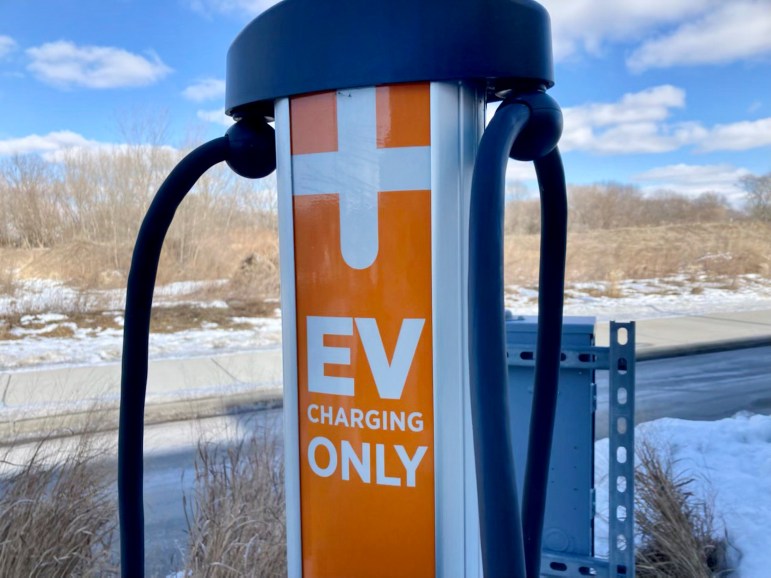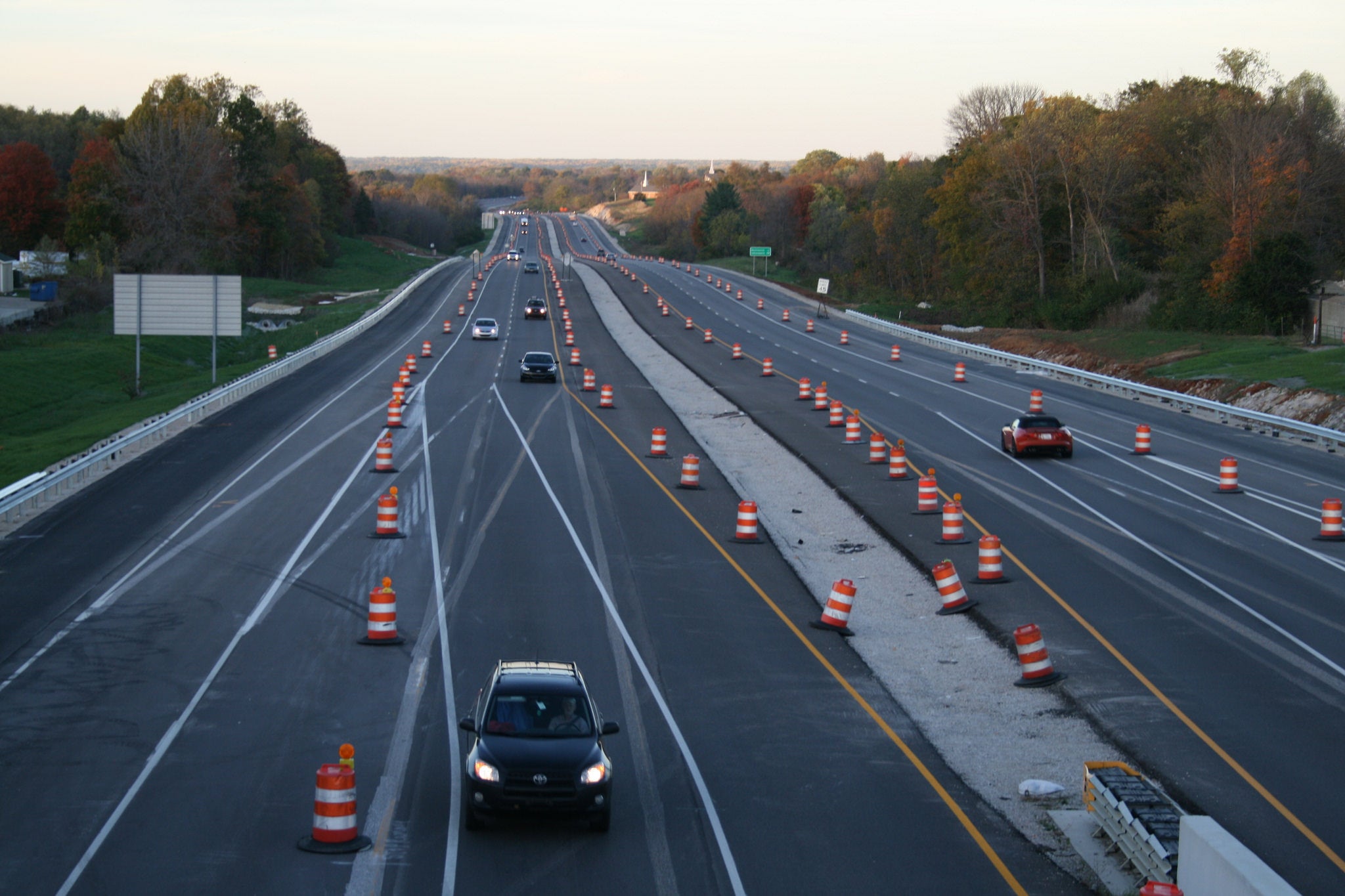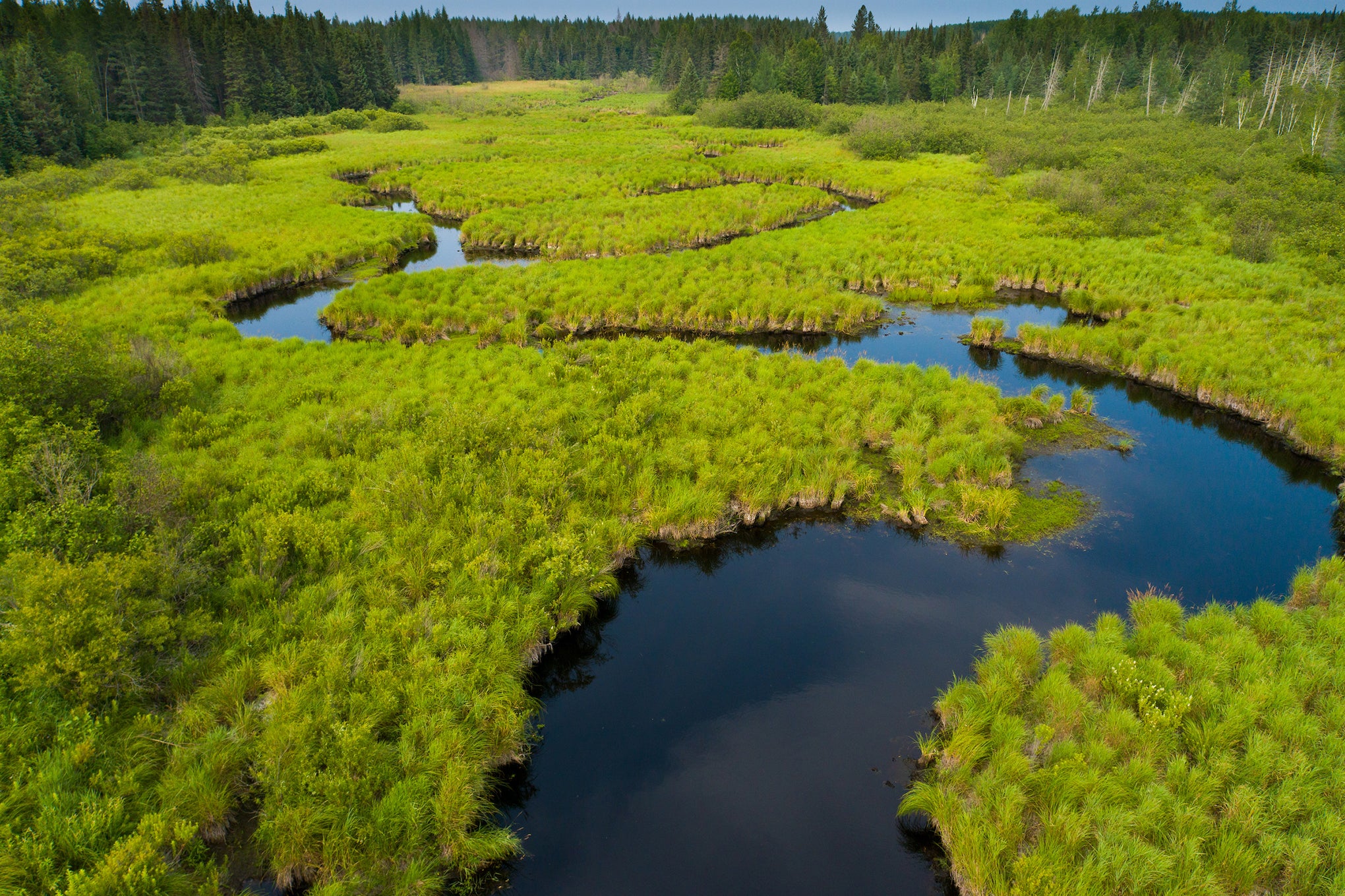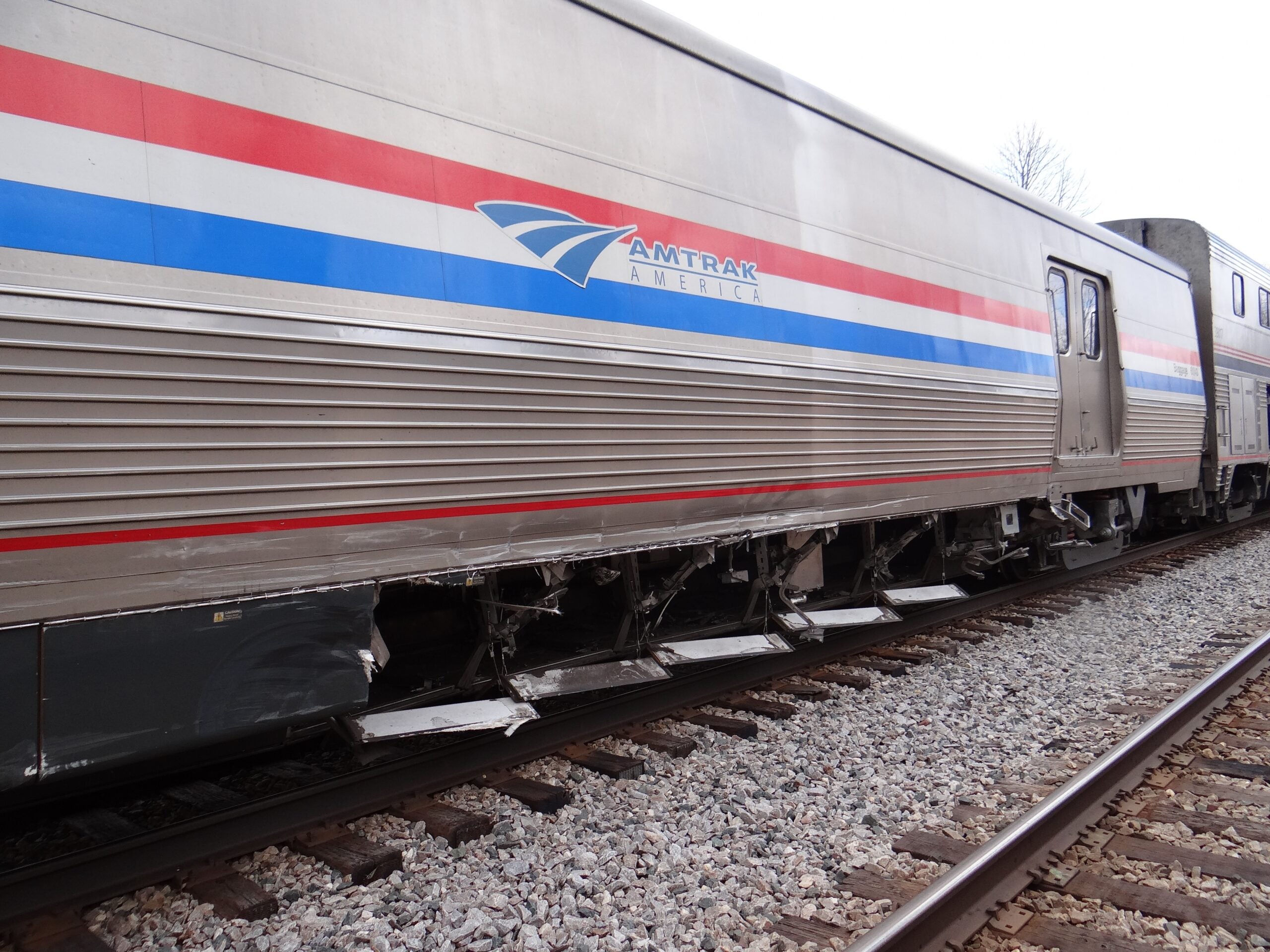One of the biggest issues facing the Wisconsin legislature in the state budget process is how to deal with the transportation budget and fix roads across the state in need of repair.
But two experts said the entire nation needs an infrastructure revolution that looks to update everything from transportation networks to water systems over the next 20 years.
University of Wisconsin-Platteville environmental engineering professor Mike Penn said in addition to roads, wastewater systems, water distribution systems and storm water disposal systems could also use a major reinvestment since many are 70-90 years old.
Penn said people at all levels need to recognize more money needs to be spent to upgrade all infrastructure systems.
“In the end we pay, it’s just a matter of who we pay,” Penn said. “Do we pay the federal government in taxes? Do we pay the state government? Do we pay local? Or do we pay a private toll? In the end, we pay.”
Wisconsin Gov. Scott Walker wants to pay for maintenance of current roads and not raise taxes to fund more road projects unless there is tax savings elsewhere in the state budget. He also wants to explore toll roads to pay for future road projects.
The collapse of the I-35W bridge in Minneapolis over the Mississippi River almost a decade ago killed 13 and injured nearly 150 people and also inspired New York City construction lawyer Barry LePatner to write the book Too Big To Fall: America’s Failing Infrastructure and the Way Forward.
He said maintenance of the nation’s roads, bridges, dams. airports and ports has been ignored for 40 years as Congress has stopped providing money to repair existing infrastructure to states and hasn’t raised the nation’s gas tax since the Clinton administration.
“We have nearly 8,000 bridges in our nation at this current moment that could fall at a moment’s notice because we have ignored maintenance and we have ignored the fact that their design is now outdated.”
LePatner said the need to improve infrastructure across the country has lead to some unique ways to fund projects. California has created state-issued green bonds to encourage private investment in environmental projects and more than 30 states have infrastructure banks that look to leverage private investment.
That’s not been the case in Wisconsin though and Penn uses the planned replacement of the street he lives on in Platteville scheduled for later this year as an example of the tough situation most communities in Wisconsin face these days.
At a time when Platteville is struggling with its budget and considering options like closing senior centers or laying off city employees, replacing water mains, sewers and the road for just one six block section of one road will cost the city $1.5 million.
-John Davis
Episode Credits
- Hope Kirwan Host
- John Davis Producer
- Mike Penn Guest
- Barry LePatner Guest
Wisconsin Public Radio, © Copyright 2025, Board of Regents of the University of Wisconsin System and Wisconsin Educational Communications Board.





